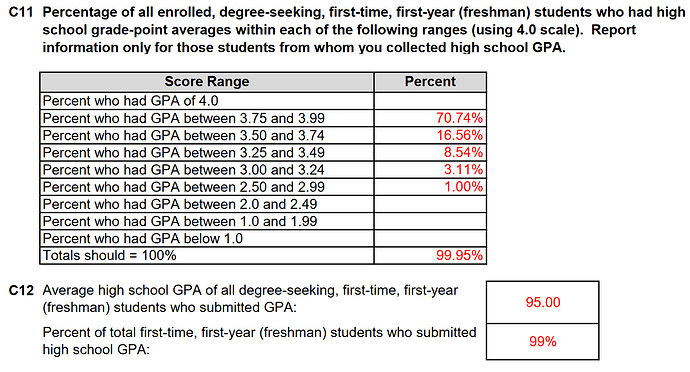I have read through this whole thread and my question to you is why does it have to be medical school? Is it just the family expectation? Or is it really your passion?
US Medical school is not an easy path. Not only is it expensive and difficult, but it’s also not good for your health. Lack of sleep, having to remember and memorize gobs of information, being on your feet all day, eating Kind Oatmeal bars, out of your lab coat, as meals. You have to stay as healthy as possible because you can’t catch whatever infection the patient has. People are miserable when they are ill. Much of your training patient population may be elderly. They can be non-compliant based on their budgets. They don’t feel well and they will let you know.
Our middle daughter just went through this whole process. (We paid $62k a year for her program. There are no real “scholarships”. It is upfront cash or US loans.) She was in her medical program in the middle of Covid. Experiencing that amount of death, as a young medical student, was very traumatizing for her, as well as for her classmates. They leaned on each other for support. They had lots of team-bonding experiences and gelled well.
Our eldest daughter attended SUNY @ University of Buffalo because they had an Honors program, for medical school, that linked her from UB, to those medical school programs. She later changed majors. I don’t think they have that program anymore, but the education she received at Buffalo, in engineering, was very strong.
Another thing to note is that the engineering programs are really, really tough, and may require hands-on experiences. You may end up doing a fifth year like she, and a large number of her classmates did, but the important thing is that it’s doable.
So my advice to you is that if you plan on studying engineering, stick to an engineering career. It’s a very marketable degree no matter where you plan on living or moving.
In my experience, there are just too many hurdles for admission to a US medical school, as an international student. If as a domestic student, it’s almost impossible to gain an admission because there are just too many good students and not enough spaces, imagine multiplying those odds as an international student.
What if your parents’ jobs, in the US, are in a group of future layoffs? What happens then? You can’t predict whether a person is going to have a permanent lifetime job in the US. What would happen to your green card status?
No one can predict the future so you need to prepare and have multiple options.
Good luck!


